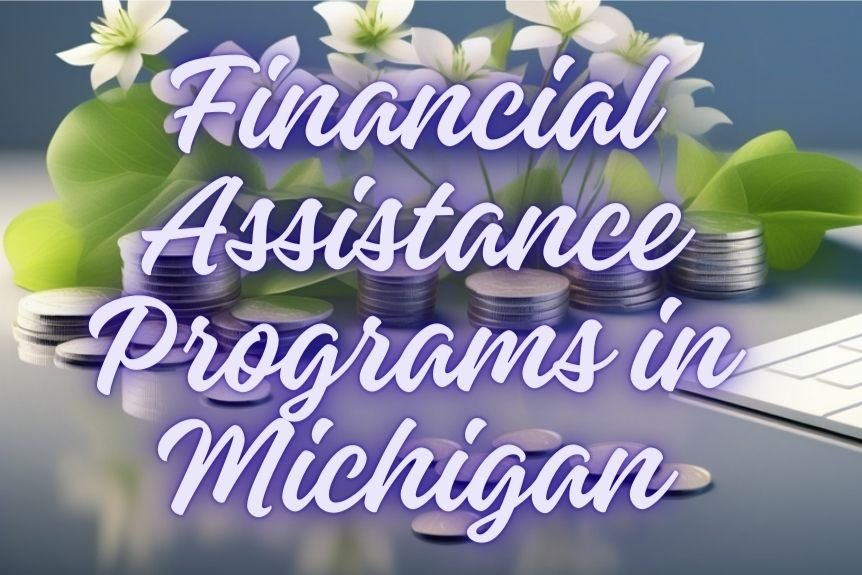Navigating the intricate landscape of financial assistance programs in Alabama can be a daunting task for those seeking support. With an array of options available, understanding the eligibility criteria and application processes is essential for individuals and families in need. These programs not only provide immediate relief during challenging times but also pave the way for long-term stability.
As we delve into the specifics of each program and the impact they have on the community, a clearer picture emerges of the vital role these initiatives play in fostering resilience and support across the state.
Overview of Financial Assistance Programs

Financial assistance programs in Alabama play a crucial role in providing essential support services to individuals and families in need, encompassing healthcare coverage, food assistance, temporary financial aid, and home energy bill assistance. The Department of Human Resources in Alabama manages various programs to assist residents, including the Supplemental Nutrition Assistance Program (SNAP), Temporary Assistance for Needy Families (TANF), Low-Income Home Energy Assistance Program (LIHEAP), Medicaid, and ALL Kids.
Eligibility for these programs is determined through Benefit Eligibility Screening to ensure that those who require assistance the most can access the benefits. The Family Assistance program provides temporary financial assistance to eligible families, while LIHEAP helps with home energy bills. These programs are vital in supporting vulnerable populations and improving the overall well-being of communities in Alabama.
Nonprofit organizations like United Way of Alabama and Community Action Agencies also play a significant role in offering additional support services to those in need.
Types of Assistance Available

A diverse array of support services is available to individuals in need through various assistance programs in Alabama. The Department of Housing provides assistance such as temporary housing, repair funds, and support for constructing new homes. Financial aid limits in Alabama can reach up to $33,300 annually, subject to specific restrictions. Proper documentation, including proof of residency and household composition, is required for evaluation by FEMA to access these services. It is essential to ensure that funds are utilized as intended to comply with FEMA guidelines. Different types of financial assistance have specific duration limits, with conditions that must be met to continue receiving aid.
Other forms of assistance available in Alabama include child support programs, food stamps, Assistance for Needy Families, comprehensive healthcare coverage programs, financial help for various needs, support services, work activities, and support from community organizations. Eligibility requirements vary for each program, and individuals must meet the criteria set forth by each assistance program to qualify for aid.
How to Apply for Assistance

When seeking assistance through the various programs available in Alabama, applicants must carefully follow the detailed application procedures outlined by the Alabama Department of Human Resources. The application process for financial assistance in Alabama can be completed in person, by mail, or online through the OneAlabama portal. Eligibility requirements for assistance programs include residency in Alabama and specific citizenship status criteria. Applicants may need to cooperate with Child Support, work activities, and drug screening as part of the application process. Detailed instructions for submitting the application are provided on the Alabama Department of Human Resources website. Local Department of Human Resources offices can offer assistance with the application process for financial aid programs.
Applicants should ensure they have all necessary documentation ready to expedite the application process.
Contact information for assistance programs is readily available on the Alabama Department of Human Resources website.
Programs providing temporary financial assistance can help families with financial support, such as helping to pay for child care.






